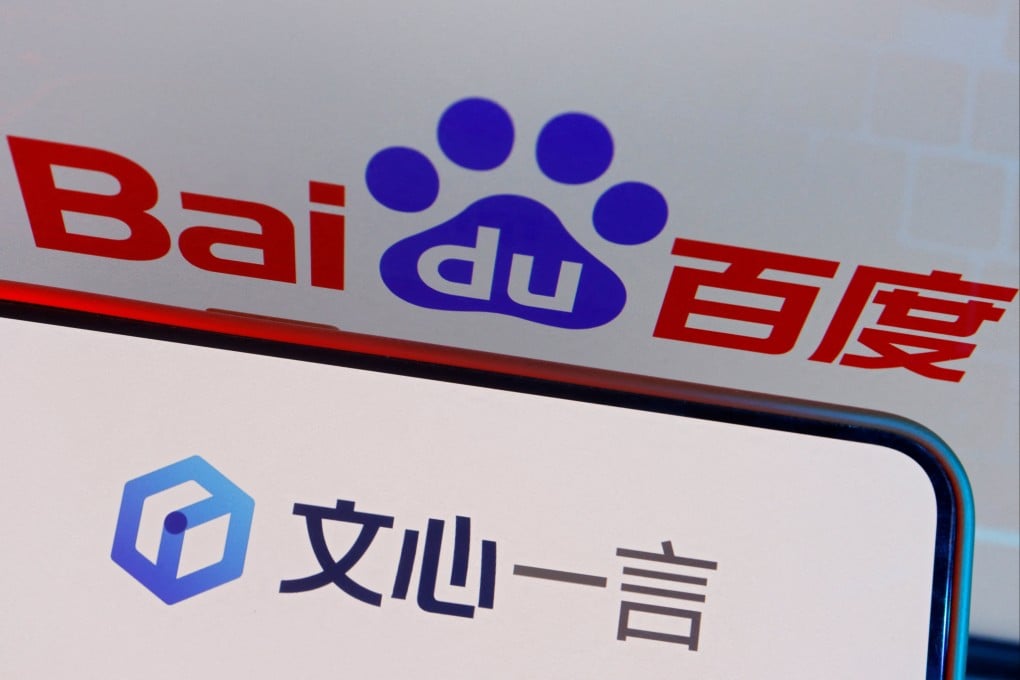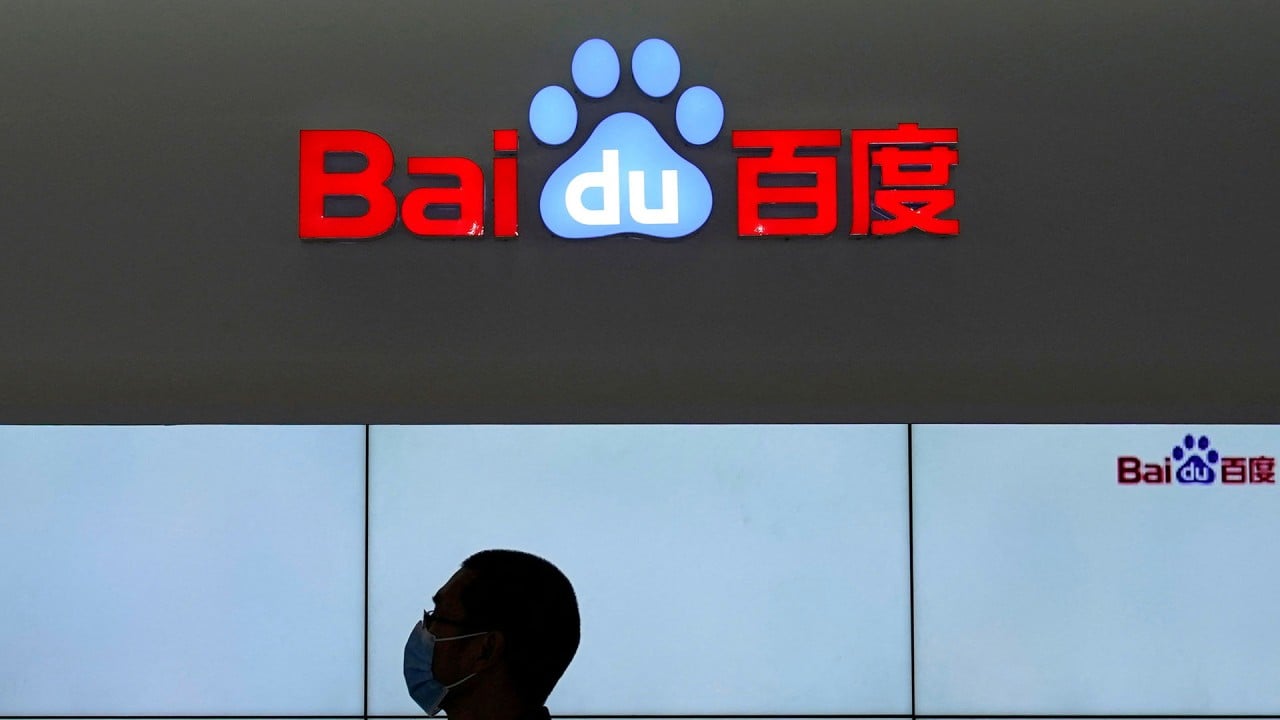Advertisement
China’s ‘pro-innovation’ AI regulations augur well for eventual public release of Ernie Bot and other local ChatGPT alternatives, Baidu CEO says
- Baidu chief executive Robin Li said the firm was ‘quite optimistic’ about the eventual public release of Ernie Bot under the new AI regulations
- While there is currently no timeline for the roll-out of local ChatGPT-like services, Li said mainland China’s AI trend was ‘very promising’
Reading Time:2 minutes
Why you can trust SCMP
2

Chinese internet search giant Baidu, which unveiled its answer to ChatGPT in March, remains confident that the country’s regulators would eventually give the green light to the commercial release of Ernie Bot and other home-grown generative artificial intelligence services.
Robin Li Yanhong, Baidu’s co-founder, chairman and chief executive, shared that positive view in a conference call with analysts on Tuesday after the Beijing-based company reported strong second-quarter financial results.
Advertisement
“We are still awaiting the green light for the large-scale roll-out of Ernie Bot in consumer-facing apps,” Li said. “While we don’t have an exact date for everything … we’re quite optimistic about the future of a better regulatory environment.”
He indicated that the country’s new generative AI regulations, which took effect on August 15, were “more pro-innovation than regulation”.
Baidu’s optimism reflects the supportive tone of the new regulations, which were drawn up by seven Chinese agencies led by the Cyberspace Administration of China (CAC), as authorities pledged “to take effective measures to encourage innovative development of generative AI”.
Advertisement
Generative AI refers to algorithms – such as those behind OpenAI’s ChatGPT, Google’s Bard, Ernie Bot and iFlytek’s Spark – that can be used to create new content, including audio, code, images, text, simulations and videos.

Advertisement
